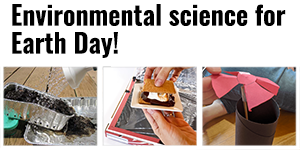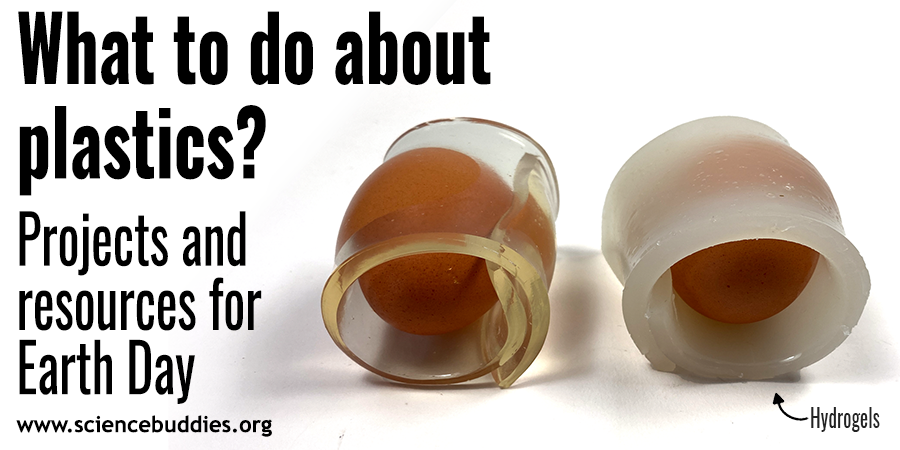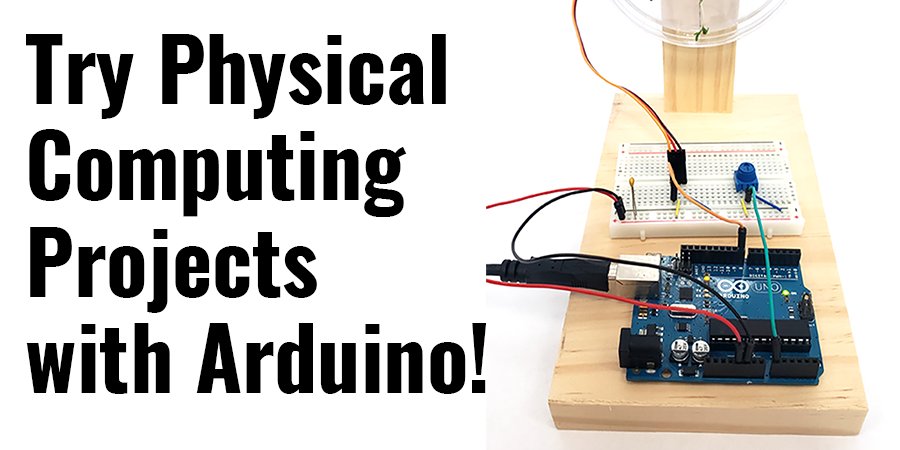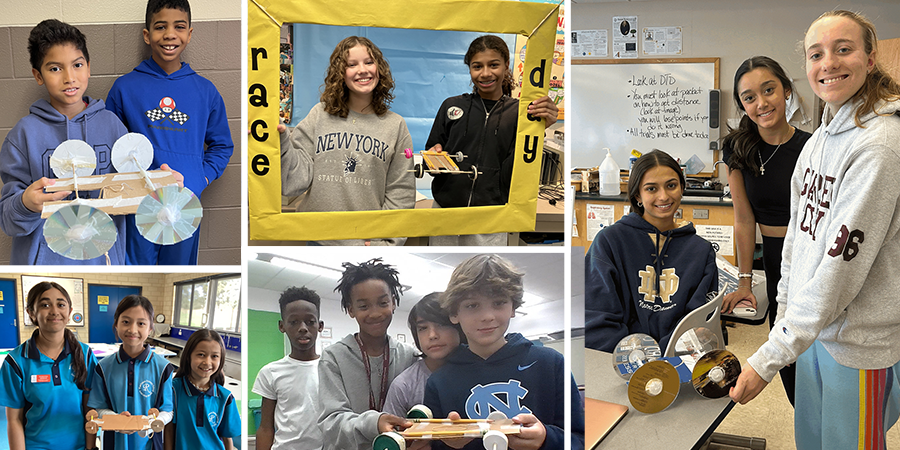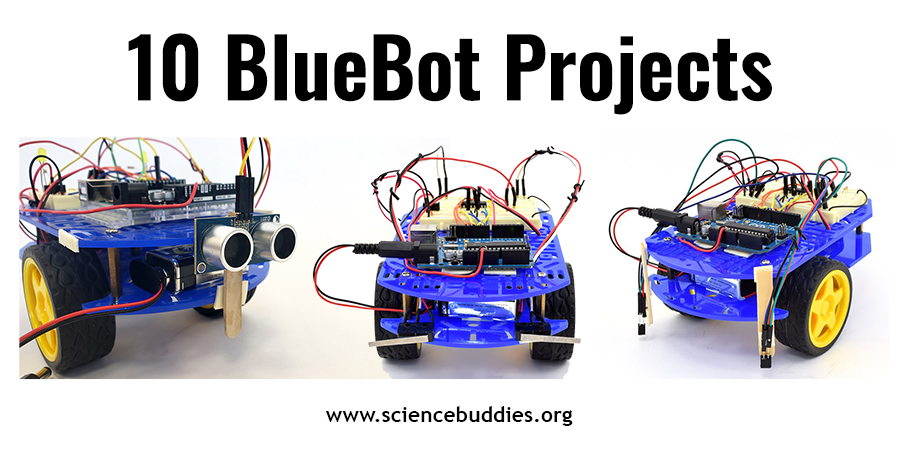Giving Yourself the Best Chance for Success
Yesterday on the Science Buddies Blog, we talked about examples from the science community where scientists are misbehaving. From distorted findings to misrepresentation of data, recent science news abounds with stories of poor behavior among professional scientists.
While projects can and do sometimes fail, sometimes end up quite different than planned, and sometimes present findings that don't match initial hypotheses, you can give yourself the best chance for success by planning ahead.
Checklist for a Smooth Science Project
The following suggestions are designed to help increase your chances for a successful science fair project and a positive science fair experience.
- Allow plenty of time. Waiting until the last minute to begin a science fair project is a bad idea. Even for a project that can be conducted in a short amount of time, you need to ensure you have time to perform adequate research. You also need to build in enough time so that if the project doesn't work the first time, you have the chance to perform the necessary steps again.
- Once you've selected your project, plan ahead. Be sure to carefully read the entire project as well as the materials list so that you have a good sense of what steps you'll be taking.
- Gather all of the required materials as soon as possible so that you have everything on hand. Be sure and allow extra time if you are ordering materials. While substitutions are sometimes possible, don't substitute unless you have to—and unless you are certain the substitution is viable. In some cases, it is best to consider changing projects if you find that you can't get the required materials.
- Build time into the schedule to do a "dry run," in case there are unforeseen problems that can be addressed and corrected. An inexperienced cook probably wouldn't try a difficult recipe for the first time when preparing an important meal. Too many things can go wrong! A science project is no different. If your timeline allows it, doing a "trial run" of the project can help make the final project run more smoothly.
- Carefully follow instructions. Make sure that you follow your experimental procedure step by step to avoid missing something important that could make or break the project. You don't want to doom your results because you thought you needed to add "X" amount and added "y" or because you thought you needed to water your seeds on day "9" when it was really supposed to be on day "3."
- Be sure and record all of your steps in your lab notebook. If something goes wrong, having thorough notes can help you troubleshoot later. You will also need your notes to help prepare your final report.
- In the end, if the experiment did not work, and you can't fix it, be honest. Explain what you were hoping to observe and what you did observe. Explain what went wrong and what you feel might account for the results you saw. In other words, what are the possible causes for the project not working?
No matter what: do not fake data. Doing so is cheating and fraud—and it's against the spirit of the science fair.
Routine Project "Checks" Can Help!
Teachers can help ensure that projects are not put off until the last minute by grading each step of the process as a separate assignment and putting in place routine "checkpoints" along the way. For helpful information about structuring science fair projects so that progress is evaluated at several key points or in timed intervals (e.g., weekly), see the Science Buddies Science Fair Schedule Worksheet.It Happens
Even with careful planning, sometimes a project "goes wrong." It happens to scientists in every field. Sometimes, what went wrong can lead to new understanding, a new study, or even an unexpected discovery.
Stay tuned for some hands-on tips from our staff scientists that can help you troubleshoot what may be happening if your project isn't working.
Categories:
You Might Also Enjoy These Related Posts:
- Spring Science Projects: 26 Science Experiments for Spring
- 6 Picks for St. Patrick's Day STEM
- Why Do Science Projects: Elevate Your Science Classroom: Taking Independent Student Science Projects to the Next Level
- Free science project support in the Ask an Expert forums
- Ahead of the Curve: A Science Teacher's Guide to Proactive Science Project Planning
- 2024 Rubber Band Car Engineering Challenge—10 Steps to Success
- Why Integrate Science Projects in the Classroom—A Teacher's Perspective
- 10 Reasons to Do the Rubber Band Car Engineering Challenge


